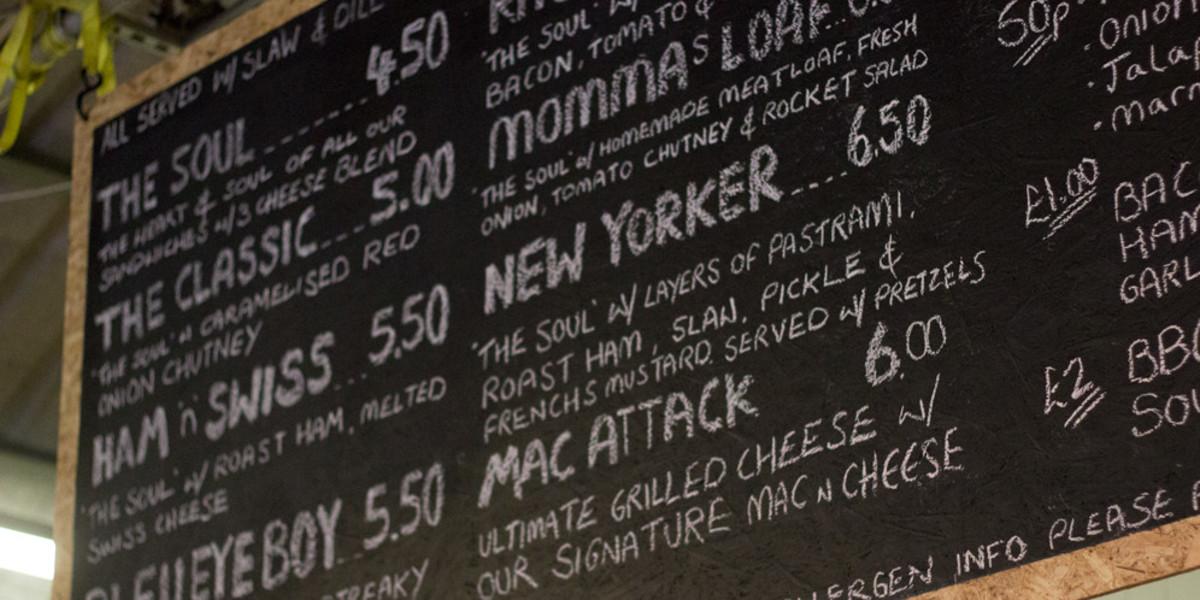We all dream of doing something we love for a career. But how do you turn your passion into a business? That’s a question being increasingly asked by Britons around the country. According to Centre for Economic and Business Research (CEBR), more than one in ten British workers have left a day job to pursue a career they’re passionate about.
We’ve spoken to three entrepreneurs who have taken the plunge.

Nila Holden, 46, Bedfordshire
From public sector work to baking delicious delights!
From the heart
It was getting engaged in 2010 that spurred Nila – a former public sector worker – to turn to baking. “I wanted a truly original wedding cake,” she says. “So I took a baking class and loved it! I subsequently took many more courses and baked at weekends, but it remained a hobby.”
Two years on, Nila – who’d become unhappy at work – was made redundant, and husband James, suggested she take a few months to see what she really wanted. “I registered as self-employed in April 2012 and started selling at local craft markets.”
Unfortunately, Nila discovered there simply wasn’t enough local demand. “It was depressing having to waste stock but it made me realise I needed a wider reach.”
After a rethink, Nila turned her baking talents to cookies, which have a longer shelf-life and can be easily delivered. “Initially I started an Etsy shop, but unfortunately the orders still didn’t roll in.”

Getting out there
Undeterred, Nila began to research the best way to raise her profile. “I explored social media and spent hours on the internet learning how to run a business,” she says. “Luckily, James was able to support me, so I didn’t have overheads or pressure.”
It was autumn 2012 when Nila finally made her mark. “I received an email from a buyer at Fortnum and Mason. I submitted some designs and they made an enormous order.”
Whilst Nila had hoped for great things, when her first large order arrived, she was still working solo from her home kitchen. “I had no idea how I’d get everything done on such a large scale, but I took a leap of faith, confident that I could work out the details and meet the deadline.”
“Nearly four years on, I now run a small bakery production facility and employ a team of staff producing high-end products for quality outlets and corporate clients; it’s great, although there is far more pressure now I have to cover salaries and overheads.”
“The only downside? I no longer bake in my spare time!”

David Willis, 56, Buckinghamshire, UK
From IT work to woodland adventures!
For the love of outdoors
Despite thirty years working in software and data analytics, these days you’re more likely to find former IT Consultant, David Willis, building a bonfire than mending a motherboard.
“Even when I worked in IT I’d always loved the outdoors; camping, foraging or whittling spoons at weekends; I’d even completed a range of courses and a year-long ‘Bushcraft Leadership Course’ alongside my freelance IT work,” says David.
But it was after fulfilling a personal dream of spending two weeks living with the Maasi in the Rift Valley in 2014 that David finally decided to quit IT for something more low-tech.

Second time around
Starting a business didn’t faze David, who had worked as a freelance contractor for several years. However, he did change his business model. “I’d registered as a limited company for my IT work,” he says. “I’ve found being a sole-trader suited me better.”
“Now my work is varied and interesting – I run corporate team-building days, fun family gatherings, educational groups; I also collaborate with a local environmental centre.”
“The great thing is, despite it now being my work, my love of the outdoors hasn’t waned. There is always something new to learn – from outdoor bread-baking to flint knapping – it’s always new and exciting.”

Tracy Gilbert, 36, Dublin
From calculating statistics to jewellery design!
A Celtic twist
Former Actuary Tracy Gilbert had never seen herself as creative before she tried a jewellery design course during her maternity leave in 2011. “I wanted to do something stimulating and different,” she explains. “It was either jewellery making or astronomy!”
With her sister helping out with childcare, Tracy was able to start a course run by Goldsmiths’ Deidre O’Donnell in Dublin and soon discovered a natural talent. “Once I’d started design, ideas kept popping into my mind.”
She kept up her hobby after her return to work, but in July 2014, she decided to try to sell a few designs in a small local outlet, after positive comments from friends and acquaintances.

Moving forward
When her jewellery sold well, Tracy was encouraged. “I decided to take the plunge and took some of my items to a trade show called ‘Showcase’ in January 2015,” she says. “I got orders from across the UK, Ireland, and the US – and was even commissioned by the British Museum!”
With her small business taking off, Tracy decided to leave her office role in January 2016. She has now completed a further trade show in Ireland, and two others in the US. She’s also been supported by a local enterprise initiative, who have given her a small business grant to help grow her business.
“As it engages my newly-discovered creative side, I still love every minute of my jewellery making and can get really lost in it for hours. Creating a business doing something I love has been a wonderful experience and I’m excited to see what the future holds.”













